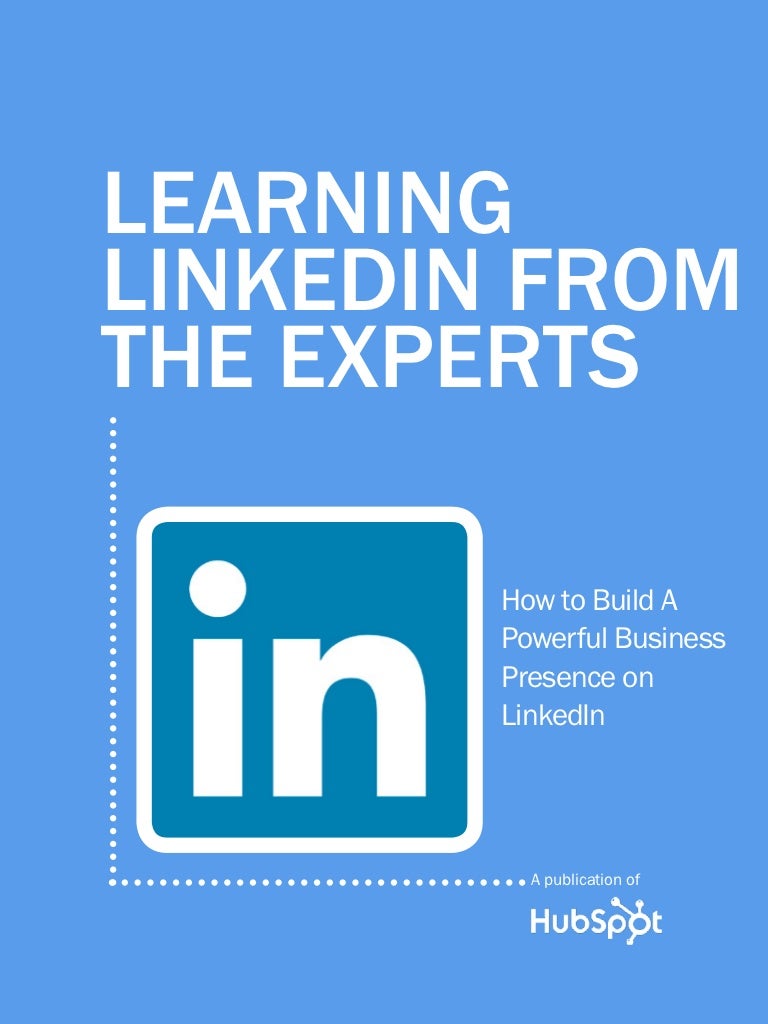
Ideally you want to run calculations many times to test out things, to try out new questions and make sure you get it right.”

“And I could only run it once, which can be very scary for science. “It took special access - and I had to spend a lot of time applying for and then running these simulations,” said Leja. The old process was also computationally unforgiving, said Leja, explaining his experience as a postdoc at Harvard. ”It just processes enormous amounts of data and runs complex models really quickly, which is well suited to astronomical data that is flooding our systems right now.” “Machine learning is completely changing my field,” said Leja.

That computational savings is often hard to comprehend, but it is creating a new paradigm in astronomical discovery, according to the astronomers.


 0 kommentar(er)
0 kommentar(er)
